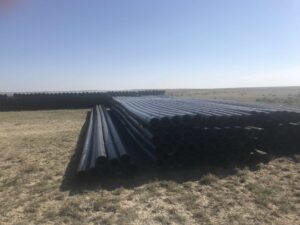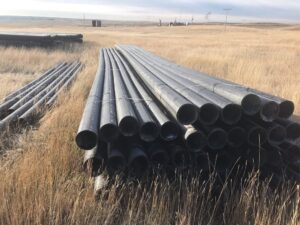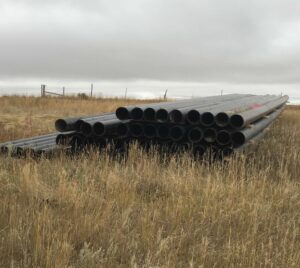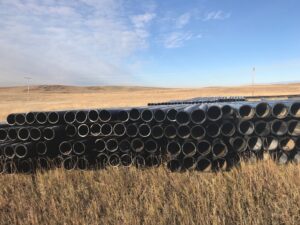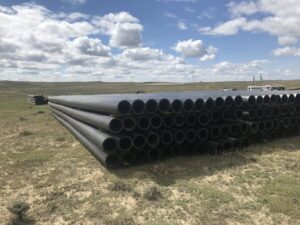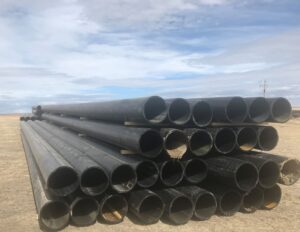WE ANSWER YOUR QUESTIONS
High Density Polyethylene Pipe | FAQ
Is High Density Polyethylene Pipe safe for drinking water?
Yes, it is absolutely safe. Polyethylene will not affect your water quality, it will not cause chemicals to go into the water when stored.
What is the advantage of High Density Polyethylene Pipe versus other kinds of pipes?
HDPE pipes offer superior durability, flexibility, and corrosion resistance compared to other types of pipes, making them ideal for a wide range of applications. They are also cost-effective and have a long lifespan.
Is High Density Polyethylene Pipe environmentally friendly?
Yes, HDPE is a recyclable material. Its long lifespan and resistance to damage reduce the need for frequent replacements, making it an environmentally friendly choice.
Poly pipes have a wide range of applications in various industries and are known for their unique properties, such as high flexibility and corrosion resistance. They can be used in water supply, irrigation systems, sewage disposal, and gas distribution due to their durability and corrosion resistance.
How long can plastic pipe actually last?
The 50-year lifespan of plastic pipes is a conservative estimate that may be exceeded by recent advances in material science and engineering. Current data and studies indicate that plastic pipes have the potential for extended service lives.
What are the temperature limits for High Density Polyethylene Pipes?
HDPE pipe can normally handle fluids at temperatures ranging from -40°F to 140°F (-40°C to 60°C). It makes them suitable for a variety of environmental conditions.

